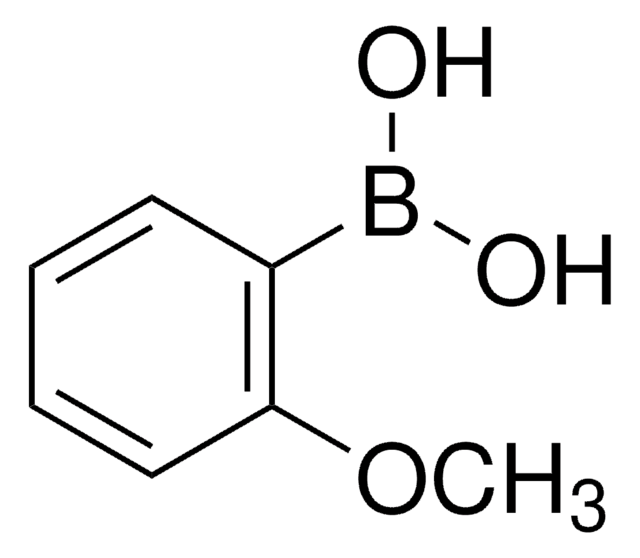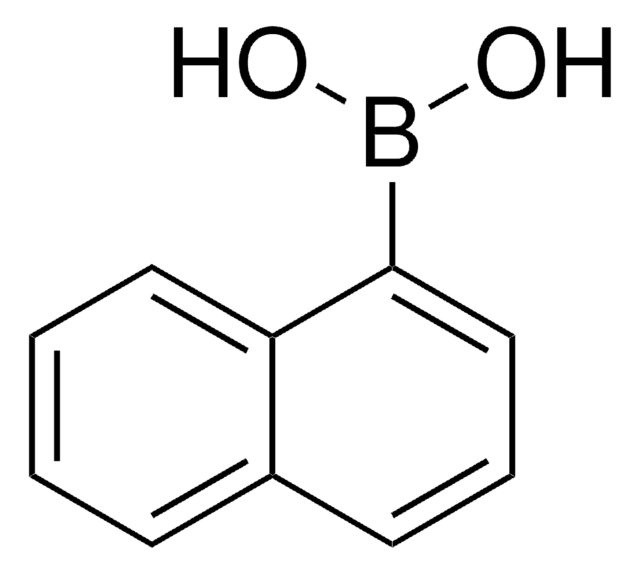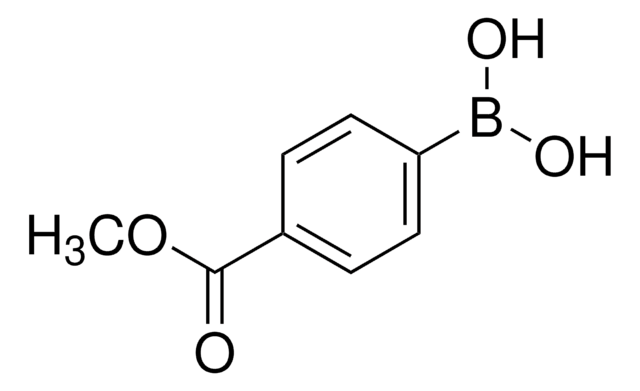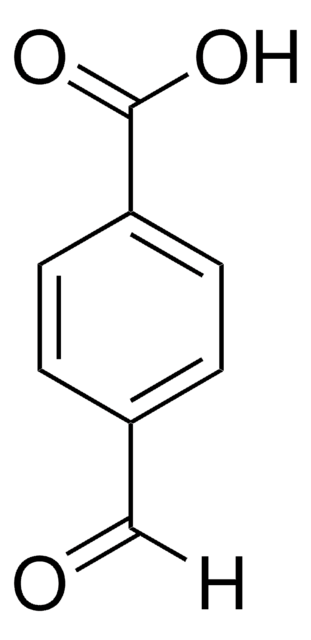All Photos(2)
About This Item
Linear Formula:
(CH3)2C6H3B(OH)2
CAS Number:
Molecular Weight:
149.98
MDL number:
UNSPSC Code:
12352103
PubChem Substance ID:
NACRES:
NA.22
Recommended Products
Assay
≥95.0%
mp
261-265 °C (lit.)
SMILES string
Cc1cc(C)cc(c1)B(O)O
InChI
1S/C8H11BO2/c1-6-3-7(2)5-8(4-6)9(10)11/h3-5,10-11H,1-2H3
InChI key
DJGHSJBYKIQHIK-UHFFFAOYSA-N
Application
3,5-Dimethylphenylboronic acid (DMPBA) can be used as:
- A reactant in the palladium-catalyzed Suzuki coupling reactions.
- A co-extractant in the combination with modified Aliquat 336 for the extraction of xylose, glucose, and fructose from aqueous solutions.
- A reactant to prepare penultimate methyl ester.
Other Notes
Contains varying amounts of anhydride
Storage Class Code
11 - Combustible Solids
WGK
WGK 3
Flash Point(F)
Not applicable
Flash Point(C)
Not applicable
Personal Protective Equipment
dust mask type N95 (US), Eyeshields, Gloves
Choose from one of the most recent versions:
Already Own This Product?
Find documentation for the products that you have recently purchased in the Document Library.
Customers Also Viewed
Purification and Concentration of Xylose and Glucose from Neutralized Bagasse Hydrolysates Using 3, 5-Dimethylphenylboronic Acid and Modified Aliquat 336 as Coextractants
Griffin, GJ
Separation Science and Technology, 40(11), 2337-2351 (2005)
Suzuki reaction of a diarylborinic acid: one-pot preparation and cross-coupling of bis (3, 5-dimethylphenyl) borinic acid
Winkle DD and Schaab KM
Organic Process Research & Development, 5(4), 450-451 (2001)
Guillaume Erbland et al.
Chemistry (Weinheim an der Bergstrasse, Germany), 25(71), 16328-16339 (2019-10-12)
The design and synthesis of two families of molecular-gear prototypes is reported, with the aim of assembling them into trains of gears on a surface and ultimately achieving controlled intermolecular gearing motion. These piano-stool ruthenium complexes incorporate a hydrotris(indazolyl)borate moiety
Our team of scientists has experience in all areas of research including Life Science, Material Science, Chemical Synthesis, Chromatography, Analytical and many others.
Contact Technical Service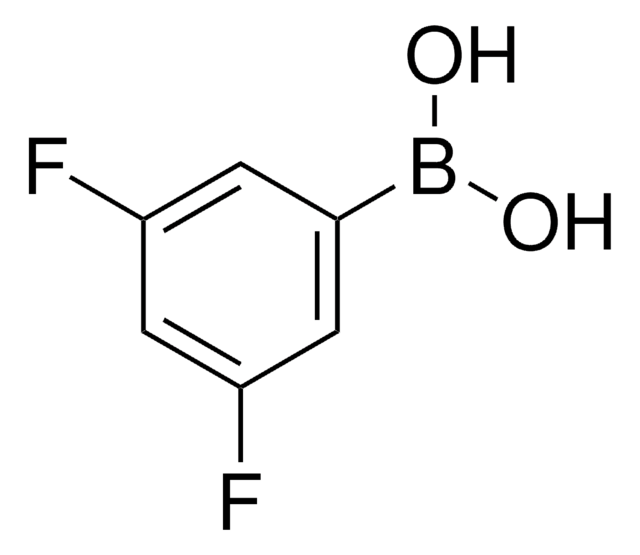
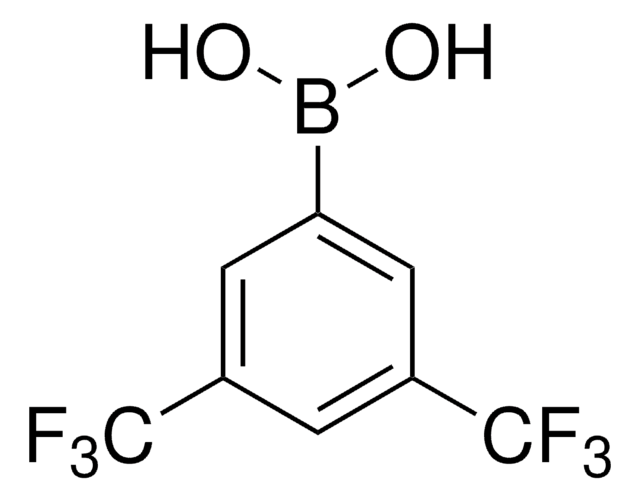
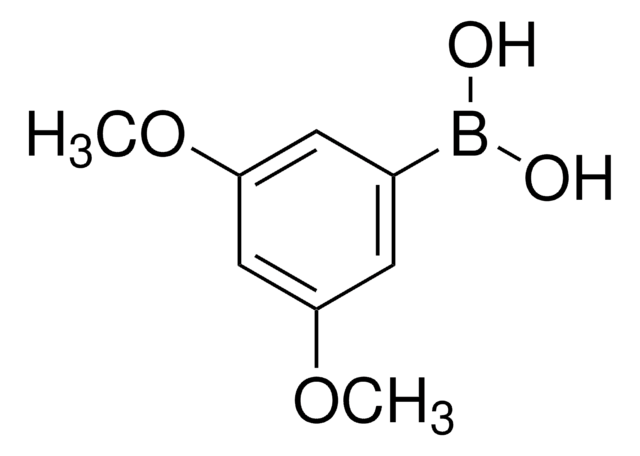
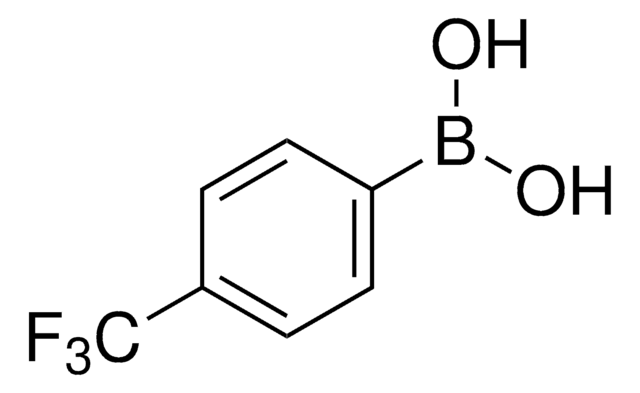
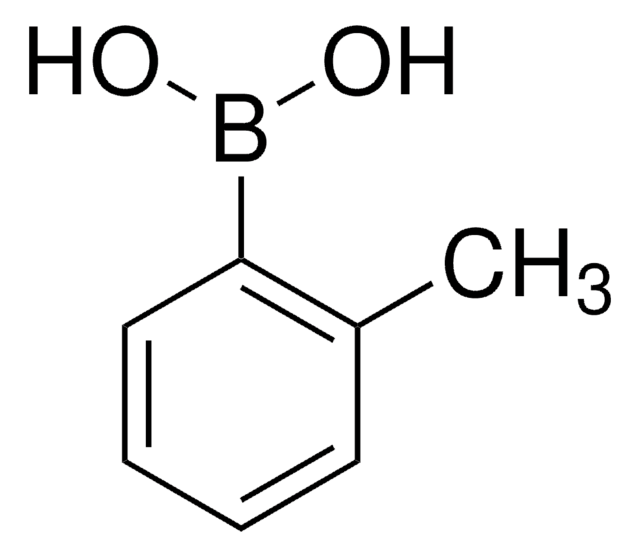
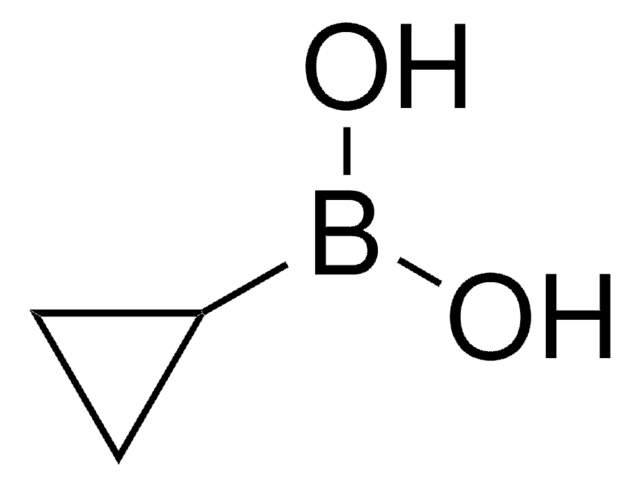
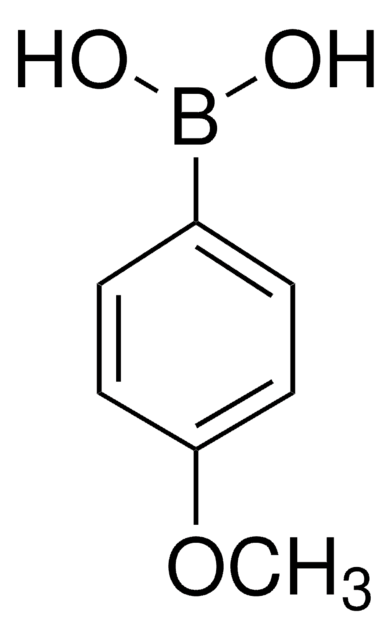
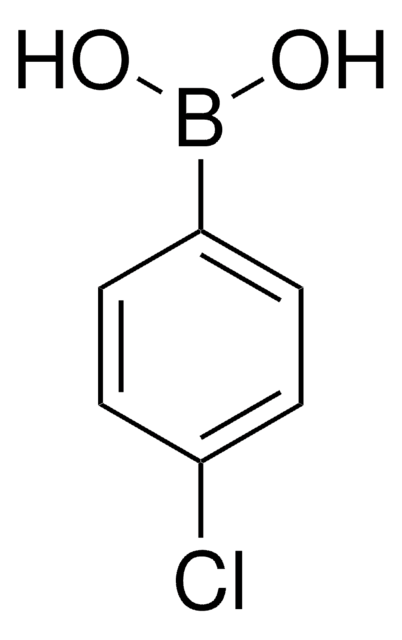
![[1,1′-Bis(diphenylphosphino)ferrocene]dichloropalladium(II)](/deepweb/assets/sigmaaldrich/product/structures/130/734/8846aa26-1858-458a-998d-8c306c13bf0f/640/8846aa26-1858-458a-998d-8c306c13bf0f.png)
